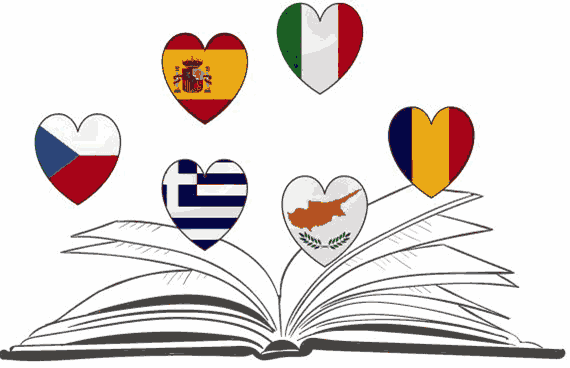Full metadata record
| DC Field | Value | Language |
|---|---|---|
| dc.contributor.author | Vergilius, Publius Vergilius Maro | - |
| dc.contributor.author | Virgil | - |
| dc.date.accessioned | 2022-02-24T04:27:08Z | - |
| dc.date.available | 2022-02-24T04:27:08Z | - |
| dc.date.issued | 2008 | - |
| dc.identifier.uri | https://tlor.svkos.cz/handle/123456789/304 | - |
| dc.description.abstract | In Eclogues 1 and 9, Virgil indeed dramatizes the contrasting feelings caused by the brutality of the land expropriations through pastoral idiom but offers no indisputable evidence of the supposed biographic incident. While some readers have identified the poet himself with various characters and their vicissitudes, whether gratitude by an old rustic to a new god (Ecl. 1), frustrated love by a rustic singer for a distant boy (his master's pet, Ecl. 2), or a master singer's claim to have composed several eclogues (Ecl. 5), modern scholars largely reject such efforts to garner biographical details from works of fiction, preferring to interpret an author's characters and themes as illustrations of contemporary life and thought. The ten Eclogues present traditional pastoral themes with a fresh perspective. Eclogues 1 and 9 address the land confiscations and their effects on the Italian countryside. 2 and 3 are pastoral and erotic, discussing both homosexual love (Ecl. 2) and attraction toward people of any gender (Ecl. 3). Eclogue 4, addressed to Asinius Pollio, the so-called "Messianic Eclogue", uses the imagery of the golden age in connection with the birth of a child (who the child was meant to be has been subject to debate). 5 and 8 describe the myth of Daphnis in a song contest, 6, the cosmic and mythological song of Silenus; 7, a heated poetic contest, and 10 the sufferings of the contemporary elegiac poet Cornelius Gallus. Virgil is credited in the Eclogues with establishing Arcadia as a poetic ideal that still resonates in Western literature and visual arts, and setting the stage for the development of Latin pastoral by Calpurnius Siculus, Nemesianus and later writers. - Summary by Wikipedia | en_US |
| dc.language.iso | en | en_US |
| dc.publisher | Project Gutenberg | en_US |
| dc.rights | PUBLIC DOMAIN This work is in Public Domain and no exclusive intellectual property rights apply to it in the countries of this e-library project. These rights has expired or been forfeited. Anyone can copy, modify, distribute and perform the work, even for commercial purposes, all without asking a permission. Still, who would like to use this text or quote a part of it, he or she is obliged to cite its author and source. | en_US |
| dc.subject | Latin poetry | en_US |
| dc.subject | Ancient Roman poetry | en_US |
| dc.subject | eclogues | en_US |
| dc.title | The Bucolics and Eclogues | en_US |
| dc.title.alternative | The Eclogues | en_US |
| dc.title.alternative | Bucolica carmina | en_US |
| dc.type | Book | en_US |
| Appears in Collections: | The Love of Reading | |
Full text to read:
| File | Description | Size | Format | |
|---|---|---|---|---|
| The Bucolics and Eclogues - Virgil.epub | Poetry, Roman | 73.96 kB | EPUB | View/Open |
Items in The Love of Reading e-library are protected by copyright, with all rights reserved, unless otherwise indicated.

